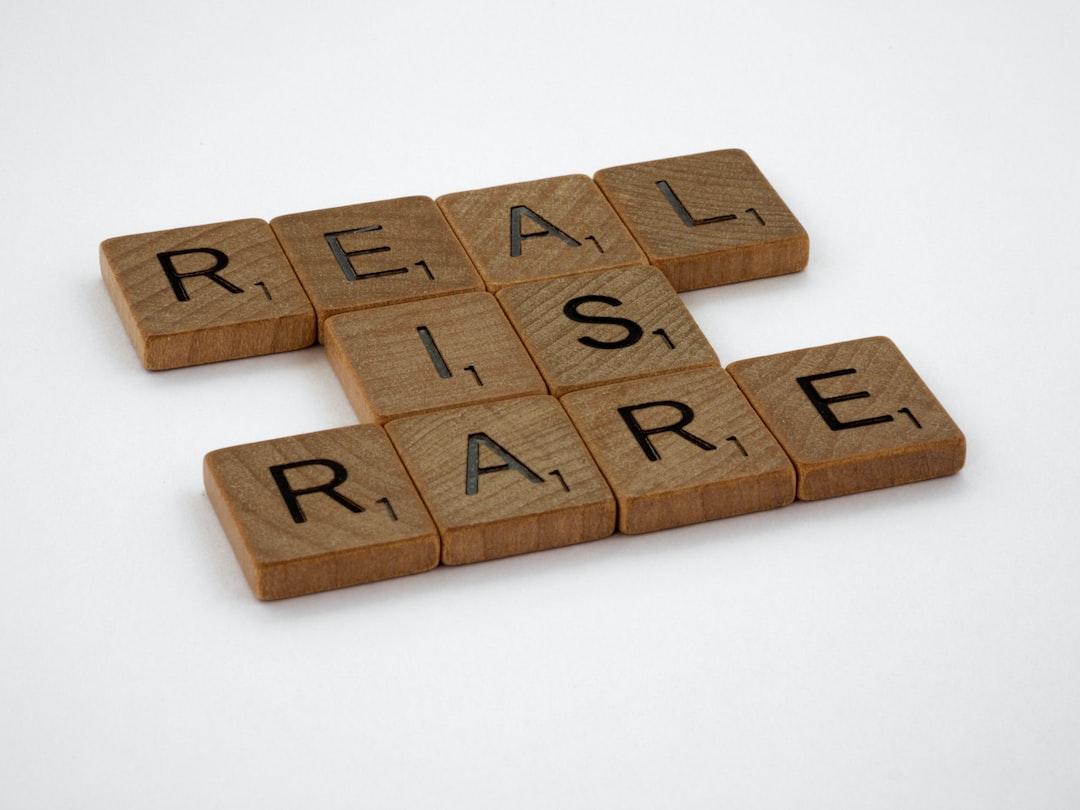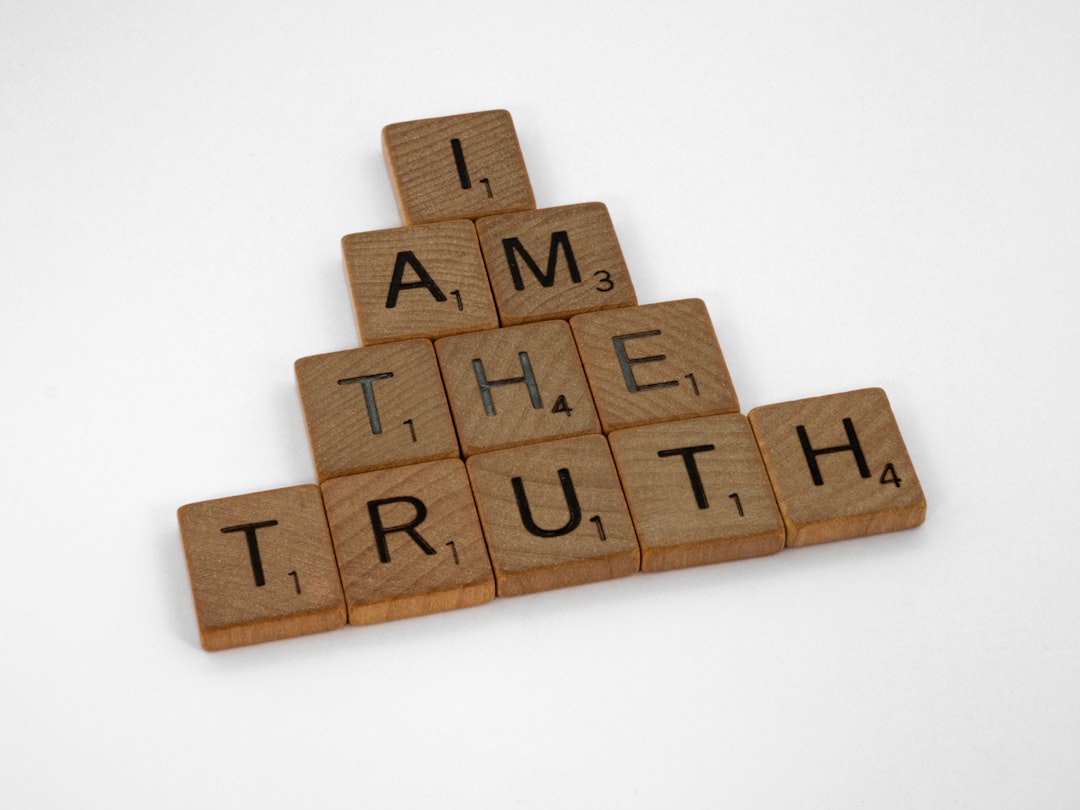As human beings, we all experience vulnerability at some point in our lives. It’s that feeling of uncertainty, exposure, and discomfort that arises when we put ourselves out there, whether it be by taking a risk, opening up to someone, or facing our fears.
While vulnerability can be uncomfortable, it’s also an essential part of our growth and development as individuals. When we embrace vulnerability, we open ourselves up to new experiences, connections, and opportunities. We allow ourselves to be authentic and real, which can lead to deeper connections with others and a greater sense of personal fulfillment.
But why is it so important to embrace vulnerability? For starters, vulnerability allows us to connect with others on a deeper level. When we open up and share our vulnerabilities with others, we create a space for them to do the same. This can lead to more meaningful and intimate relationships, as well as a greater sense of empathy and understanding.
Additionally, embracing vulnerability can lead to personal growth and development. When we confront our fears and step outside of our comfort zones, we challenge ourselves to become better versions of ourselves. We learn new skills, build resilience, and gain confidence in our abilities.
In short, vulnerability may be uncomfortable at times, but it’s also an important part of our human experience. By embracing vulnerability, we can create deeper connections with others, foster personal growth and development, and ultimately lead more fulfilling lives. So let’s lean in and embrace our vulnerabilities together!
Benefits of Embracing Vulnerability
As mentioned in the introduction, vulnerability often carries a negative connotation, and is frequently associated with weakness or inadequacy. However, as we delve deeper into what it means to be vulnerable and what it can offer us, it becomes clear that embracing vulnerability can actually bring about profound benefits for our relationships, personal growth, and overall well-being.
One of the most significant advantages of vulnerability is the potential for deeper connections with both ourselves and others. When we allow ourselves to be vulnerable, we create space for others to do the same, and this can open up pathways for meaningful, authentic communication, and emotional intimacy. When we are honest about our own struggles and challenges, it makes others feel more comfortable doing the same, and we can build profound connections that are founded on mutual understanding and empathy.
Another advantage of embracing vulnerability is the potential for personal growth. When we are willing to admit our vulnerabilities and shortcomings, we can face them head-on and take proactive steps to address them. This can lead to a greater sense of self-awareness and self-reflection, and ultimately help us become more resilient and adaptable individuals.
Recognizing and acknowledging our vulnerabilities is a crucial first step in the process of embracing vulnerability. It can be uncomfortable to confront our weaknesses and insecurities, but doing so allows us to identify areas for growth and development. By acknowledging vulnerability, we take off our masks and show the world our true selves in all our imperfection, and in doing so, we open ourselves up to life’s rich and varied experiences.
Overcoming the fear of vulnerability can be daunting and overwhelming, but it is ultimately worth the effort. There are numerous tips and strategies for facing this fear, such as practicing self-compassion, reframing negative self-talk, and seeking out supportive communities and individuals who can serve as allies on the journey towards greater vulnerability.
Authenticity plays a key role in vulnerability, as it requires us to be true to ourselves and our emotions. When we embrace our authentic selves, we can break down the barriers that prevent us from being vulnerable and truly connecting with others. Authenticity allows us to live more fully, and can lead to greater personal fulfillment and satisfaction in all areas of our lives.
Finally, building resilience and self-compassion are essential elements of embracing vulnerability. By accepting ourselves as imperfect beings, we can learn to be more forgiving and compassionate towards ourselves in times of difficulty. This self-compassion can translate into greater resilience and emotional strength, allowing us to face challenges with greater ease and grace.
Vulnerability can be a powerful tool for personal growth and connection with others. While it requires courage and openness, the benefits of embracing vulnerability are myriad, and include deeper connections, personal growth, and emotional resilience. By recognizing and facing our vulnerabilities, we can open up new doors and possibilities in our lives, and become the best versions of ourselves.
When we allow ourselves to be vulnerable, we create space for others to do the same, and this can open up pathways for meaningful, authentic communication, and emotional intimacy.
Recognizing and Acknowledging Your Vulnerabilities: Why It’s Important to Identify and Confront Them
As human beings, we all have vulnerabilities. They are the aspects of ourselves that make us feel exposed, sensitive, and maybe even a little fragile. However, it’s easy to get caught up in the busyness of life and forget to acknowledge them. It’s even easier to sweep them under the rug and hope that they’ll disappear on their own. But, as we all know, that’s not the case. It’s important to recognize and acknowledge our vulnerabilities in order to live a life filled with purpose and authenticity.
Firstly, identifying your vulnerabilities can help you gain a deeper understanding of yourself. By recognizing your limitations and areas where you struggle, you can begin to work on improving them. You can seek help when needed and develop a plan to overcome them. This leads to personal growth and development, which can often be a catalyst for change.
Secondly, acknowledging your vulnerabilities allows you to be more empathetic towards others. When we can recognize and understand our own weaknesses, it becomes easier to extend compassion towards others who might be struggling in similar areas. This can lead to deeper connections and understanding in our relationships.
Lastly, confronting our vulnerabilities can be scary but incredibly liberating. It’s easy to live in a world of armor, where we shield ourselves from potential hurt and rejection. However, when we step out of that protective shell and face our fears head-on, we can begin to live more authentically. Vulnerability allows us to show up as our true selves, and in turn, invites others to do the same.
Recognizing and acknowledging your vulnerabilities is crucial to living a fulfilling life. It allows for personal growth, deeper connections in relationships, and an authentic sense of self. So, take some time to reflect on your vulnerabilities and don’t be afraid to confront them. Remember, vulnerability is not weakness; it’s courage.
It’s important to recognize and acknowledge our vulnerabilities in order to live a life filled with purpose and authenticity.
Overcoming the Fear of Vulnerability
It’s natural to feel scared or hesitant when it comes to vulnerability. After all, it requires opening ourselves up in ways that can feel uncomfortable and even risky. But the thing is, those uncomfortable moments are often the ones that lead to significant growth and personal transformation.
So how do we overcome the fear of vulnerability and start embracing it?
Tip #1: Start Small
You don’t have to jump right into the deepest, most vulnerable parts of yourself. Start by sharing something small with someone you trust – maybe it’s admitting that you’re struggling with a certain task at work or opening up about a minor insecurity.
When you start small, you build your confidence and give yourself the opportunity to see that vulnerability isn’t always met with rejection or judgment.
Tip #2: Practice Self-Compassion
Being vulnerable means opening ourselves up to the possibility of rejection or criticism. That can be scary, especially if we tend to beat ourselves up for not being perfect.
Practice self-compassion by reminding yourself that it’s okay to not have everything figured out, and that making mistakes and showing vulnerability are part of what makes us human.
Tip #3: Seek Support
It’s difficult to be vulnerable alone. Seek out someone who you trust and who is willing to listen and support you through the process.
Remember that vulnerability isn’t a one-and-done thing – it’s an ongoing process that requires patience and persistence. Having someone to lean on as you navigate this can make all the difference.
Tip #4: Reframe Your Thoughts
Oftentimes, our fear of vulnerability comes from negative beliefs we have about ourselves – that we’re not good enough, that we’ll be rejected, or that we’ll appear weak.
Instead of letting these thoughts control you, reframe them. Replace “I’m not good enough” with “I’m doing the best I can” or “I’m open to learning and growing.” By shifting your mindset, you can start to rewire your brain to see vulnerability as a strength rather than a weakness.
Vulnerability isn’t easy, but it’s worth it. By facing your fears and stepping outside of your comfort zone, you open yourself up to growth, deeper connections, and personal fulfillment.
Practice self-compassion by reminding yourself that it’s okay to not have everything figured out, and that making mistakes and showing vulnerability are part of what makes us human.
The Role of Authenticity in Vulnerability
Authenticity is the quality of being genuine and true to oneself. When it comes to vulnerability, embracing authenticity is crucial because it allows us to open up and share our true selves with others.
When we try to hide our true selves, we project a false image to the world. We put on a mask and present ourselves in a way that we think others will find acceptable or impressive. This can be exhausting and ultimately unsatisfying.
On the other hand, when we embrace our authentic selves, we allow others to see us as we truly are. This can be scary, but it is also deeply rewarding. When we are vulnerable and authentic, we give others permission to be vulnerable too. This creates deeper connections and fosters trust.
Authenticity also allows us to communicate more effectively. When we are authentic, we speak from the heart and use language that reflects our true emotions and feelings. This kind of communication is more honest and relatable, and it can help others to better understand our perspective.
Of course, it can be hard to be authentic all the time. We all have certain roles we play in different situations, and we may feel pressure to present ourselves in certain ways. However, by embracing vulnerability and practicing authenticity when we can, we can start to break down the walls we build around ourselves.
Ultimately, vulnerability and authenticity go hand in hand. By embracing our true selves and being open with others, we can create deeper connections and foster personal growth. So, take a deep breath, let down your guard, and see where vulnerability and authenticity can take you.
This creates deeper connections and fosters trust.
Building Resilience and Self-Compassion: How Vulnerability Can Help You Develop a Stronger Sense of Self and Emotional Resilience
There’s no doubt about it – vulnerability can be scary. It requires us to strip away our masks and show the world who we really are, flaws and all. And while it can be uncomfortable, embracing vulnerability can also be one of the most transformative and empowering things we can do for ourselves.
One of the key benefits of vulnerability is that it helps us build resilience and self-compassion. By opening ourselves up to the world and allowing ourselves to be seen, we learn that we can survive discomfort and difficulty. We also learn that we don’t have to be perfect, and that it’s okay to make mistakes and fall short of our own expectations.
This newfound sense of resilience and self-compassion can be incredibly powerful, both in our personal lives and in our relationships. When we are less afraid of failure and more accepting of ourselves, we are better equipped to handle the ups and downs of life. We are also more likely to be kind and compassionate to others, since we have developed a deeper well of kindness and compassion for ourselves.
Of course, building resilience and self-compassion isn’t something that happens overnight. It takes time and effort to learn to embrace vulnerability and develop a strong sense of self. But with practice and patience, it is possible to develop these skills and reap the benefits of greater emotional resilience and self-compassion.
So the next time you feel yourself resisting vulnerability, take a deep breath and remind yourself that it’s okay to be human. Embrace your imperfections and know that they are what make you uniquely you. By doing so, you may just find that you become more resilient, more confident, and more compassionate – both with yourself and with those around you.
One of the key benefits of vulnerability is that it helps us build resilience and self-compassion.
Conclusion: The Power of Vulnerability in Transforming Relationships, Personal Growth, and Overall Well-being
Congratulations! You’ve made it to the end of our journey exploring the importance of vulnerability. We’ve covered a lot of ground, from defining vulnerability to exploring its benefits and how to overcome the fear associated with it. We’ve also discussed the role of authenticity in vulnerability, and how building resilience and self-compassion are key to embracing vulnerability.
But what’s the point of all of this? Why should we care about vulnerability in the first place? The answer lies in the transformative power of vulnerability.
When we are vulnerable, we allow ourselves to truly connect with others. We open ourselves up to deeper relationships and meaningful connections, rather than superficial interactions. Vulnerability allows us to let our guard down and be ourselves, allowing others to see us for who we truly are.
But vulnerability isn’t just about our relationships with others. It’s also a key component of personal growth. By embracing vulnerability, we open ourselves up to new experiences and opportunities for growth. We challenge ourselves to step outside of our comfort zones and try new things, leading to a greater sense of self-awareness and personal fulfillment.
Of course, vulnerability can be scary. It’s not always easy to confront our vulnerabilities and fears head-on. But the good news is that vulnerability is a skill that can be developed with practice. By acknowledging our vulnerabilities and taking small steps to face them, we can build resilience and self-compassion. We can learn to be kinder to ourselves and others, and develop a stronger sense of emotional well-being.
So, why not give vulnerability a try? Take a deep breath, and open yourself up to the world around you. Embrace your authentic self, acknowledge your vulnerabilities, and step outside of your comfort zone. You never know where the journey might lead you.





